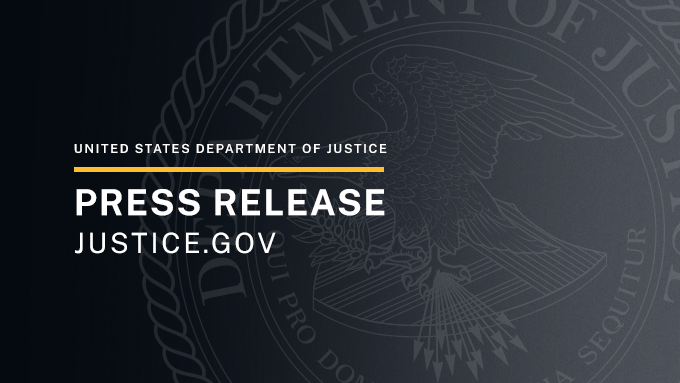In today’s world, staying connected is more than a convenience—it’s a necessity.
And for low-income Americans, the federal Lifeline Program helps make that possible.
But when companies exploit this essential service for profit, the consequences are serious—and very expensive.
Q Link and Its Owner Hit With Major Penalty Over Lifeline Abuse
Q Link Wireless, a Florida-based telecom provider, along with its owner Issa Asad, has agreed to shell out over $110 million to settle both criminal and civil accusations.
The charges? Submitting false claims to the Federal Communications Commission’s (FCC) Lifeline Program, a government subsidy meant to help low-income consumers access phone services.
Q Link operates out of Dania Beach, Florida, and was supposed to provide discounted phone service to qualifying individuals.
But according to the U.S. government, Q Link and Asad were doing a lot more behind the scenes—and none of it was legal.
What the Lifeline Program Is—and How It Was Exploited
The Lifeline Program, established through the Telecommunications Act of 1996, allocates nearly $2 billion annually to help those in need stay connected.
Providers like Q Link are supposed to receive monthly payments only if their customers actively use their Lifeline phones—at least once every 30 days.
But the Justice Department says Q Link and Asad knew the rules and intentionally broke them.
They allegedly kept billing the government for customers who weren’t using their phones—or didn’t even have active devices.
Faking Phone Activity to Keep the Money Coming In
The situation gets worse. Prosecutors allege that to trick the FCC into continuing payments, Q Link employees manufactured fake cellphone usage data.
That included creating activity logs for phones that were no longer in use—or even for some phones that the FCC had already confiscated.
This scheme allowed Q Link to rake in more than $38 million in improper payments between February 2018 and October 2019.
And to cover their tracks, they allegedly sent fabricated records to the FCC.
Justice Department: No Tolerance for Misuse of Public Programs
Officials at the Justice Department didn’t mince words.
Assistant Attorney General Brett A. Shumate said this kind of fraud drains funds from programs that exist to help people—not line corporate pockets.
He emphasized that this settlement is part of the DOJ’s broader mission to prevent abuse of government subsidy programs.
FCC and U.S. Attorneys Join Forces to Hold Q Link Accountable
The FCC Chairman Brendan Carr echoed that sentiment, saying the agency takes “misrepresentation and misuse of public funds very seriously.”
He credited the collaborative efforts of the FCC’s Office of Inspector General and the Department of Justice for unearthing the fraudulent activity.
U.S. Attorney Hayden O’Byrne, representing Florida’s Southern District, was equally direct, saying his office will pursue corporations and individuals who exploit programs meant to serve the vulnerable.
Criminal Charges Lead to Guilty Pleas
This wasn’t just a civil issue—it turned criminal too.
Back in October 2024, both Q Link and Asad pled guilty to a range of federal crimes, including wire fraud, theft of government funds, and defrauding the United States.
On top of that, Asad also admitted to money laundering in a separate matter.
Sentencing took place on July 24, with U.S. District Judge Rodolfo A. Ruiz II overseeing the case.
As part of the resolution, Q Link and Asad agreed to exit all FCC-administered programs and help transfer their Lifeline customers to other telecom carriers.
A Coordinated Federal Effort Behind the Settlement
The civil investigation was led by a team across several agencies.
The Justice Department’s Civil Division and the U.S. Attorney’s Office for the Southern District of Florida took the lead, with crucial help from the FCC’s Office of Inspector General and the Office of General Counsel.
Attorneys David M. Sobotkin, Rosaline Chan, and former federal prosecutors Miriam Alinikoff and Christopher Cheek played major roles in making the case.
What Happens Next?
Though the case ends with a massive settlement and guilty pleas, it’s important to note that the civil allegations have not been formally proven in court.
Still, the $110 million agreement—and the guilty pleas—send a clear message: abuse of federal programs will not go unpunished.
Final Thoughts
This case isn’t just about money—it’s about trust.
The government is sending a loud warning to companies that try to game the system: if you exploit public programs designed to help people, you will be held accountable.

